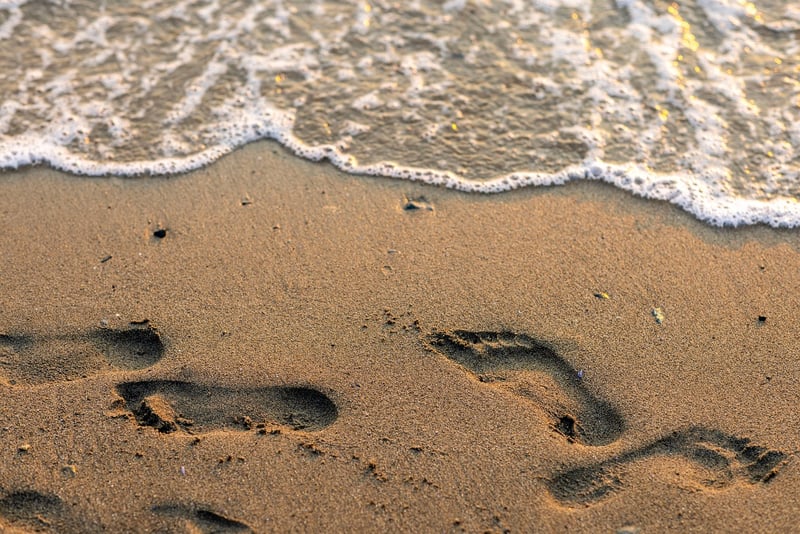Oceanographer
The Power of Positive Impact: A Guide to Becoming an Oceanographer

Introduction to Oceanography
Are you fascinated by the mysteries of the ocean and eager to make a positive impact on our planet? Pursuing a career in oceanography might be the perfect choice for you. Oceanographers play a crucial role in understanding and protecting the world's oceans, making a significant difference in environmental conservation.
Why Choose Oceanography?
- Opportunity to study marine life and ecosystems
- Contribution to climate change research and mitigation
- Exploration of underwater phenomena and geological processes
- Potential to influence policies for marine conservation
Steps to Becoming an Oceanographer
- Obtain a Bachelor's degree in a related field such as marine biology, environmental science, or geology.
- Pursue a Master's or Ph.D. in oceanography to specialize in your area of interest.
- Gain practical experience through internships or research projects with reputable organizations.
- Stay updated on the latest advancements in oceanographic research and technology.
- Engage in outreach programs to raise awareness about ocean conservation.
Positive Impact of Oceanography
By choosing a career in oceanography, you can actively contribute to preserving marine ecosystems, combating pollution, and advocating for sustainable practices. Your work can lead to groundbreaking discoveries that benefit both the environment and society as a whole.
Conclusion
Embrace the opportunity to make a positive impact through the field of oceanography. By studying the oceans and their inhabitants, you can be part of the solution to global environmental challenges. Start your journey today and help protect our planet's most precious resource - the ocean.
Image Source: Pixabay
